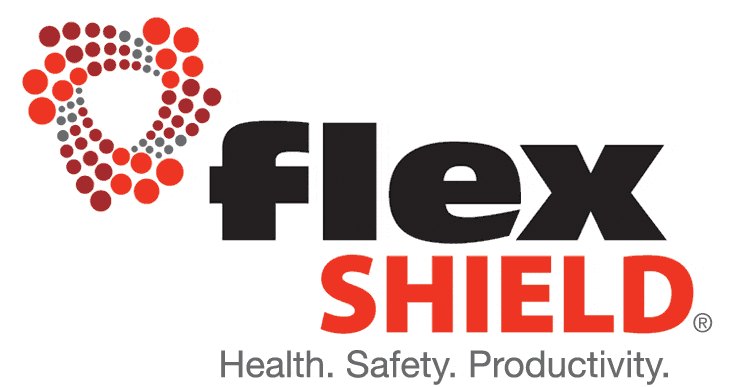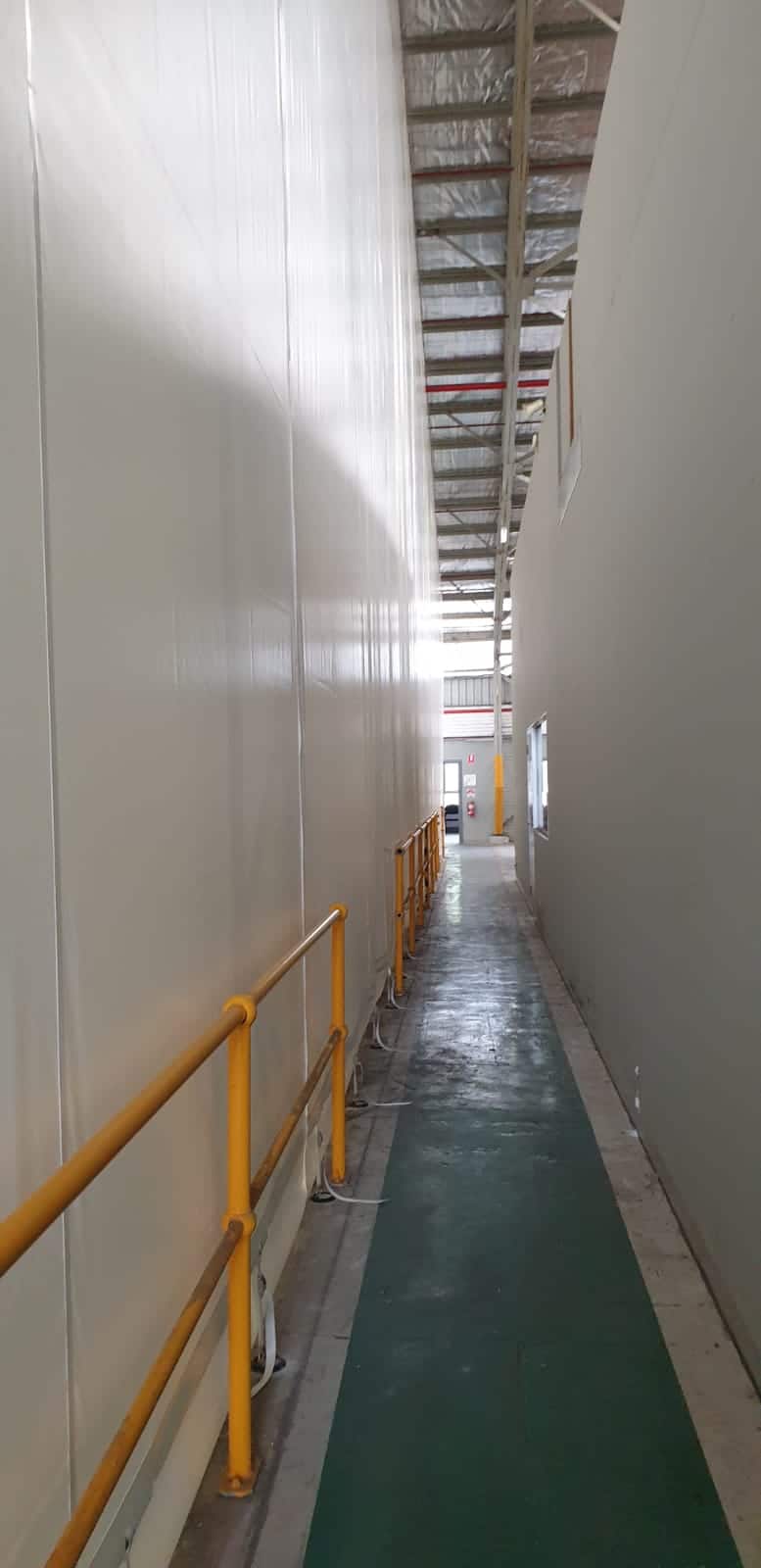Call 1300 799 969 | Contact Us


Home » How acoustic barriers enhance manufacturing environments
In the manufacturing industry, where precision and efficiency are crucial, noise can often be overlooked, yet it can easily hinder success.
To tackle this challenge, industries such as food and product manufacturing are increasingly adopting acoustic barriers. These barriers are proving to be transformative, ensuring regulatory compliance, improving employee wellbeing, and enhancing overall product quality.
This article explores why industries are embracing acoustic barriers and how these solutions can bring multifaceted benefits to businesses.
1) Improved regulatory compliance
Complying with industrial noise regulations is not just a legal necessity but a fundamental aspect of responsible business practices. Failure to adhere to these standards can result in legal issues and fines, highlighting the importance of investing in acoustic barriers for food manufacturers.
2) Increased employee wellbeing
Prioritising employee health and wellbeing is crucial. Prolonged exposure to high noise levels can lead to hearing damage and reduced productivity, making it essential to create a safer and more comfortable working environment for employees.
3) Better community relations
Food manufacturing facilities are often located near residential areas, which makes noise control critical for maintaining positive community relations. By addressing noise concerns, companies demonstrate their responsibility as good neighbours and safeguard their reputations.
4) Improved equipment longevity
Excessive noise can accelerate wear and tear on machinery, leading to increased maintenance costs and a shorter lifespan for equipment. Therefore, acoustic barriers become an investment in machinery longevity, saving manufacturers money in the long run.
5) Superior quality control
Precision and consistency are essential in food processing. Yet high noise levels can hinder communication and concentration, potentially compromising the quality control process. Acoustic barriers contribute to maintaining optimal conditions for quality manufacturing.
6) Optimised processes
Noise can indicate inefficiencies in the production process. By identifying and addressing noise sources, manufacturers can uncover opportunities for process optimisation, ultimately improving efficiency and reducing costs.
7) Better workplace communication
Effective communication is crucial in manufacturing settings, and noise that hinders communication can lead to misunderstandings and errors. Acoustic barriers are essential in enhancing communication and fostering a safer and more productive work environment.
8) Improved employee satisfaction
A quieter workplace contributes to higher job satisfaction among employees. When workers feel more valued and comfortable in an environment where noise levels are managed, morale and retention rates increase.
In product manufacturing, acoustic barriers provide a multi-faceted approach to noise control. They protect workers’ hearing health, meet noise regulations, create designated work zones with reduced noise levels, and improve communication and concentration.
1) Embedding a competitive advantage
Acoustic performance can be a market differentiator, appealing to consumers who value a noise-conscious choice.
2) Improved customer satisfaction
Quieter products, achieved through noise control measures, contribute to a positive user experience, increasing customer satisfaction.
3) Greater employee productivity
Acoustic barriers create an environment that is conducive to focus, communication, and reduced stress, enhancing overall efficiency.
4) Reduced environmental impact
Addressing noise pollution signifies a commitment to minimising the environmental impact, becoming a focal point for industries.
5) Better compliance with noise regulations
Just as with food manufacturing, adherence to noise regulations is a primary driver for implementing acoustic barriers in product manufacturing.
6) Improved product quality and performance
In industries such as automotive, noise control is integral to product performance, ensuring products meet quality standards and function optimally.
7) Enhanced worker health and safety
Acoustic barriers create a safer and healthier work environment by mitigating the negative effects of prolonged exposure to industrial noise.
8) Improved community relationships
Just as with food manufacturing, positive community relations are crucial for product manufacturers. Better noise control helps foster goodwill with local communities.
Submitting a formal complaint to the Australian Environmental Protection Agency (EPA) triggers a comprehensive process, ensuring transparency, regulatory adherence, and the resolution of environmental concerns. Regulatory bodies play a crucial role in maintaining environmental standards.
Addressing manufacturing noise with acoustic barriers
Factories and manufacturing facilities grappling with noise-related challenges can find a simple yet effective solution in acoustic barriers. Products like acoustic enclosures and wall linings, such as the Sonic System panel or Sonic Acoustic curtains, offer diverse solutions that are tailored to the unique needs of each manufacturing facility.
In the ever-evolving manufacturing landscape, the transformative power of acoustic barriers cannot be overstated. Adopting noise control measures emerges as a holistic strategy for creating safer, healthier, and more efficient industrial environments. As technology advances, acoustic barriers will become increasingly pivotal in shaping a quieter, finely tuned, harmonious manufacturing landscape.
Talk to Flexshield about acoustic barriers for manufacturing
For comprehensive industrial noise control solutions tailored to your manufacturing facility’s needs, contact Flexshield. With our commitment to innovation and expertise in noise management, Flexshield stands ready to enhance your workplace environment.
For a quieter, more productive tomorrow, contact Flexshield at 1300 799 969 or get in touch online.